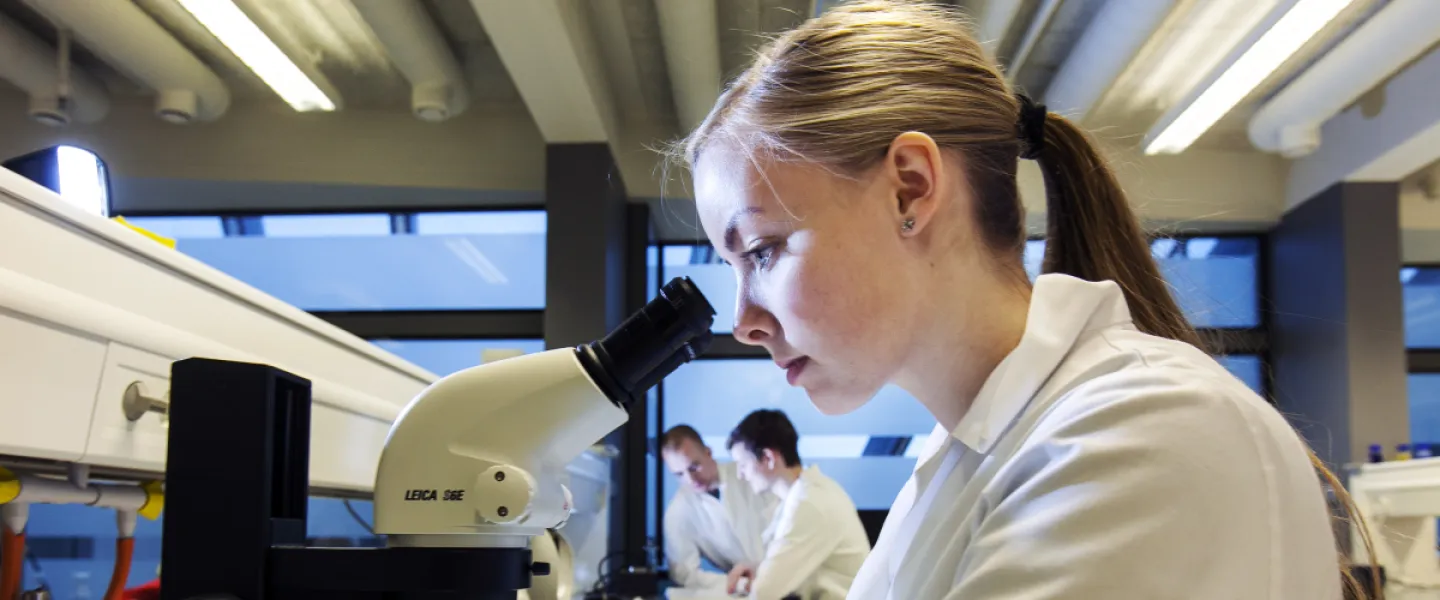
The focus was on the latest developments and applications in microscopy in physical and life sciences at the 68th Annual Conference of the Nordic Microscopy Society (SCANDEM) held at the University of Iceland 5 - 9 June.
The aim of the organization is to promote knowledge on microscopy in the Nordic countries, organize conferences, workshops and seminars. The SCANDEM annual conference is the organization's main event, with around 200 participants on average. The University of Iceland is the host this year but the conference is organised in collaboration with the School of Engineering and Natural Sciences, the School of Health Sciences and the Innovation Center Iceland.
Kesara Margrét Anamthawat-Jónsson, professor at the University of Iceland's Faculty of Life and Environmental Sciences, is president of SCANDEM. She is the first Icelander to be elected for this post. This was the second time the conference was held in Iceland; it was last held on the 60th anniversary of the society. Among lecturers at that conference was Stefan Hell, a Nobel Laureate in chemistry in 2014 for his contribution to microscopy.
On the agenda for this year's conference agenda were the latest developments in microscopic technology in life and natural sciences, and their connection to research in the fields of health and biotechnology, cell biology, physics, nanoscience, geology and geophysics. Representatives from fifteen international enterprises attended the conference to present the latest equipment for research using mocroscopic science.
The rector of the University of Iceland opened the conference and various keynote lecturers from all over the world gave talks at the conference.
SCANDEM Nordic Microscopy Society (www.scandem.org) was established by Danish, Norwegian and Swedish research scientists in 1948, Finland joined later, but Icelanders became members in 2007. The organisation is party to the European Microscopy Society and the International Federation of Societies for Microscopy.